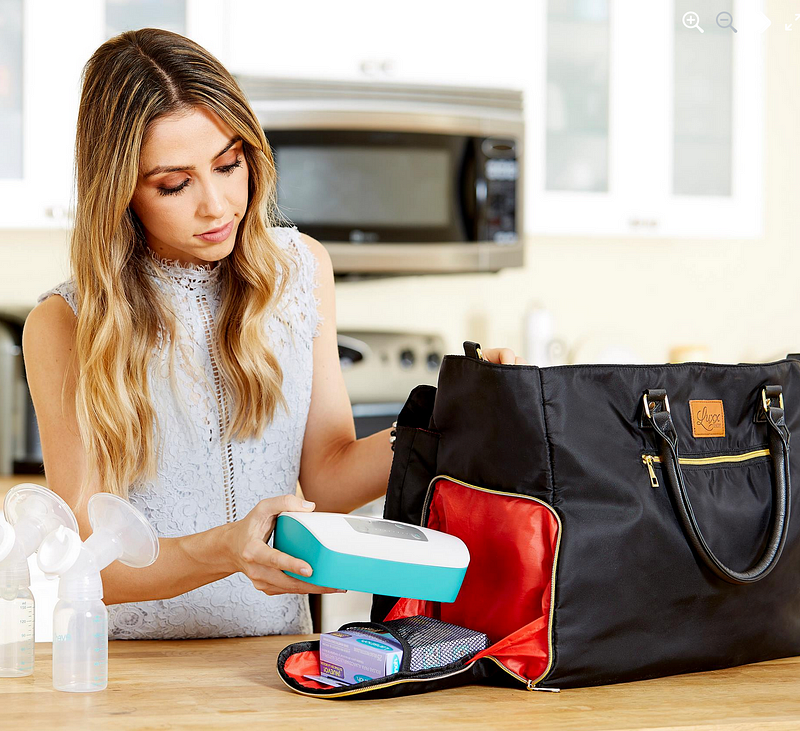Lessons Learned from My Business Failure: Insights and Growth
Written on
Chapter 1: The Setup
In 2018, while residing in Silicon Valley and immersed in the tech industry, I found myself yearning to break free from both the high costs of living and my uninspiring corporate job. Although San Jose and the tech scene have their merits, the exorbitant expenses were overwhelming. Despite a decent salary of $120,000, the average rent of $2,485 for a modest apartment made the financial situation feel absurd.
In an effort to escape this cycle, I decided to embark on the trendy path of starting an online business. At that time, launching an Amazon FBA venture seemed like the ultimate opportunity. Many aspiring entrepreneurs were private labeling products, sending them to Amazon’s fulfillment centers, and resigning from their jobs as they raked in seven-figure revenues—at least, that’s what the “gurus” claimed.
Following the crowd, I subscribed to a SaaS platform offering a browser extension designed to identify profitable products based on competition, demand, and pricing. After navigating the process, I settled on my first product: breast pump bags, a field I was utterly unfamiliar with.
I had these bags manufactured, photographed for my Amazon listing, and shipped to Amazon’s warehouse. To generate traffic and gather reviews, I advertised on discount sites and utilized Amazon’s PPC (pay-per-click) advertising to push my product onto the first page. Unfortunately, my organic sales were sluggish, likely due to the high price point and lack of brand recognition.
Over time, I received reviews that averaged between 3.7 and 4 stars, but I also encountered a notable number of returns. Many gifts from baby showers often led to returns as mothers tended to have specific brand preferences. I attempted to lower the price, which provided only a slight uptick in sales, and even created a Facebook page for my product, exploring ads and giveaways in “mommy groups.”
Despite my best efforts, including halting PPC and Facebook ads and deeply discounting my inventory to clear Amazon’s warehouse, my business ultimately failed.

Chapter 2: Key Takeaways from My Experience
My experience taught me a crucial lesson: trying to emulate others rarely yields success. In retrospect, I was merely following trends from 2018, aiming for quick financial gain. It’s essential to recognize that, despite the claims of success from many “gurus,” most businesses do not succeed.
Why is this the case? Many entrepreneurs get caught up in imitating successful peers instead of carving out their own unique paths. The entrepreneurs who succeeded in selling breast pump bags likely did so out of genuine passion and an innovative approach to addressing market gaps, rather than relying on a SaaS tool to identify potential products.
In the video "My Business Failed... Here's What I Learned," I discuss my journey and the insights gained from my initial failure.
Section 2.1: Rethinking the Approach
To succeed, one must first identify a genuine problem in the market that they are passionate about solving. Decisions should not be based solely on potential profits; my own experience serves as a cautionary tale. Understanding who you aim to serve is pivotal. Entrepreneurship revolves around offering a product or service that meets the needs of a specific audience. By focusing on a target demographic, discovering viable products becomes significantly easier.
For instance, I remain unfamiliar with breast pump bags, lacking the enthusiasm needed to innovate or improve them. In contrast, I have a strong passion for the natural beauty and personal care industry.
Section 2.2: Knowing Your Audience
Consider Native, a brand in the natural beauty space founded by Moiz Ali, which was later sold to P&G for $100 million. While many might label them merely as a deodorant company, their branding reflects a broader vision aligned with customer interests in natural products.
Native began with deodorant but swiftly expanded into body wash, soap, and toothpaste, thanks to their deep understanding of their customer base. Remarkably, Moiz achieved acquisition within just two years by prioritizing customer needs.
In the video "My Business Failed in 12 Months... Here's What I Learned," I share further insights into my entrepreneurial journey and the lessons learned.
Closing Thoughts
I wanted to share my experiences because many success stories in the Amazon space emphasize triumphs, while failures are rarely acknowledged. By openly discussing my setbacks, I hope to offer valuable lessons that others can learn from, emphasizing the importance of authenticity and understanding in the entrepreneurial journey.